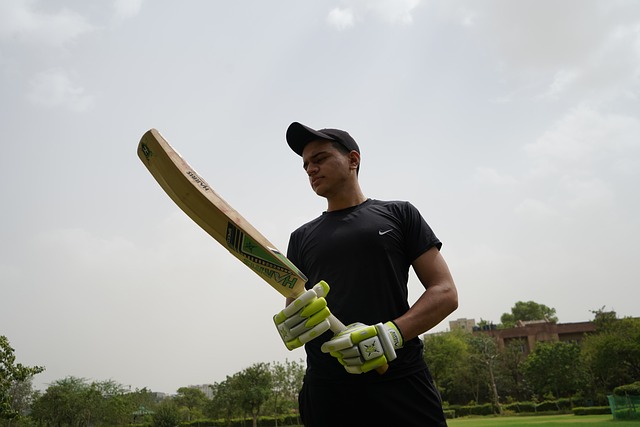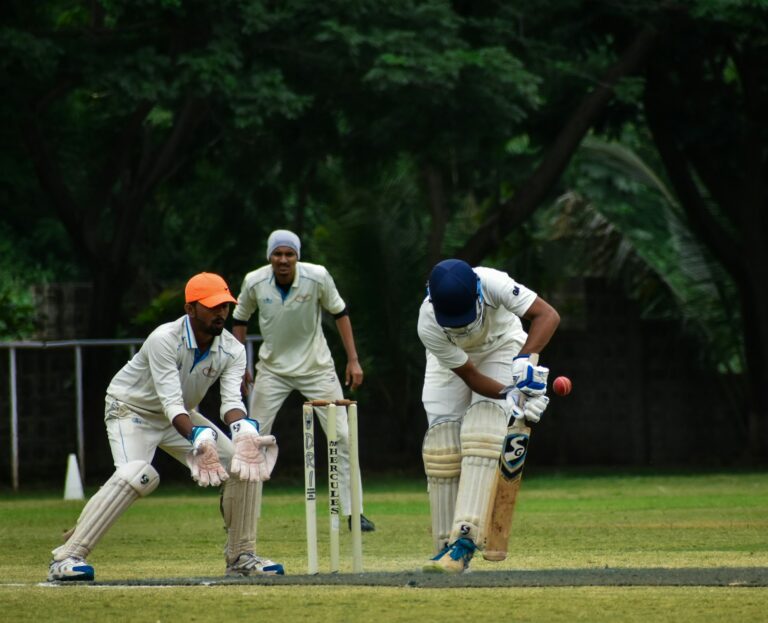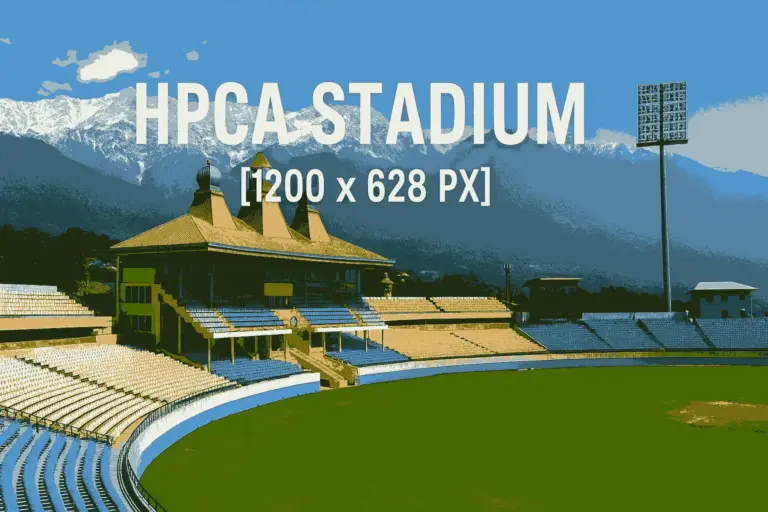The Impact of Political Factors on Cricket Development
11xplay com, laser247, Skylivecasino Signup:Cricket is a sport that holds a special place in the hearts of millions around the world. From the packed stadiums in India to the passionate fans in Australia, cricket has a way of bringing people together like no other sport. However, the development of cricket is not just dependent on the players and coaches; it is also heavily influenced by political factors.
Politics play a significant role in shaping the landscape of cricket development in various countries. From government funding to international relations, political decisions can have a profound impact on the growth and success of cricket in a nation. In this article, we will explore the impact of political factors on cricket development and how they can shape the future of the sport.
1. Government Funding
One of the most significant ways in which political factors influence cricket development is through government funding. In many countries, cricket is considered a national sport, and as such, governments often provide funding to support the growth and development of the sport. This funding can be used to build infrastructure, support grassroots programs, and provide resources for elite athletes.
However, the level of government funding for cricket can vary greatly depending on the political climate in a country. In some cases, changes in government leadership or priorities can result in cuts to funding for cricket development programs, leading to a stagnation in the growth of the sport. On the other hand, strong government support can fuel the expansion of cricket and help to create a thriving cricketing community.
2. International Relations
Cricket is a global sport, with matches played between countries on a regular basis. As such, international relations play a crucial role in the development of cricket. Political tensions between countries can impact the scheduling of matches, the participation of teams in tournaments, and even the hosting of major events such as the World Cup.
One example of how political factors can influence cricket development through international relations is the case of Pakistan. Due to security concerns and political tensions with neighboring countries, Pakistan has often struggled to host international matches and tournaments. This has had a significant impact on the growth of cricket in the country, as it limits opportunities for local players to compete against international teams and gain exposure on the global stage.
3. Corruption and Governance
Another way in which political factors can impact cricket development is through corruption and governance issues within cricketing bodies. Corruption scandals can undermine public trust in the sport and lead to a loss of credibility in the eyes of fans and stakeholders. Furthermore, poor governance can result in mismanagement of funds, lack of infrastructure development, and a failure to support grassroots programs.
One high-profile example of corruption affecting cricket development is the scandal involving the Indian Premier League (IPL). In 2013, several team owners and players were implicated in a match-fixing scandal, which tarnished the reputation of the league and had far-reaching implications for the future of cricket in India. Political intervention was required to address the issue and restore public confidence in the sport.
4. Diplomatic Relations and Player Availability
Diplomatic relations between countries can also impact cricket development, particularly when it comes to player availability for international matches and tournaments. In some cases, political tensions between nations can result in players being unable to travel to certain countries to compete, which can disrupt team dynamics and lead to a decline in the quality of the competition.
For example, the strained relations between India and Pakistan have often led to disruptions in cricketing fixtures between the two countries. This not only affects the players and teams involved but also has a negative impact on fans who are eager to see their favorite players in action. Political diplomacy plays a crucial role in resolving these issues and ensuring that cricket can continue to thrive on the international stage.
5. Infrastructure Development
Political factors also influence the development of infrastructure for cricket in various countries. Governments play a key role in funding the construction of stadiums, training facilities, and other essential infrastructure that is needed to support the growth of the sport. Without adequate infrastructure, it can be challenging for cricket to flourish and for players to reach their full potential.
In recent years, there have been significant investments in cricket infrastructure in countries like India, Australia, and England, which has helped to raise the standard of the game and attract more participants. However, in other parts of the world, a lack of political will or resources has meant that cricket infrastructure remains underdeveloped, limiting the opportunities available to aspiring cricketers.
6. Grassroots Programs and Talent Development
Political factors also play a crucial role in shaping grassroots programs and talent development initiatives within cricket. Governments can support the creation of programs that introduce cricket to young people, provide coaching and training opportunities, and identify and nurture talented individuals who show potential in the sport. These programs are essential for creating a pipeline of future stars and ensuring the long-term sustainability of cricket.
However, political instability or lack of investment can hinder the effectiveness of grassroots programs and talent development initiatives. Without the necessary resources and support, it can be challenging for young players to access coaching, equipment, and opportunities to compete at a higher level. This can result in a talent drain and a decline in the overall quality of cricket in a country.
In conclusion, political factors have a profound impact on the development of cricket in countries around the world. From government funding and international relations to corruption and governance issues, politics shape the landscape of the sport in complex and multifaceted ways. By understanding the role that politics play in cricket development, stakeholders can work together to address challenges and create a more sustainable and inclusive future for the sport.
FAQs
Q: How does political corruption affect cricket development?
A: Political corruption can undermine the integrity of the sport and erode public trust in cricketing bodies. It can lead to mismanagement of funds, lack of transparency, and a failure to support grassroots programs, all of which can hinder the growth and development of cricket.
Q: What role do governments play in supporting cricket development?
A: Governments play a crucial role in funding infrastructure development, grassroots programs, and talent development initiatives within cricket. They provide resources and support to help the sport grow and thrive in their respective countries.
Q: How do political tensions between countries impact cricket?
A: Political tensions can lead to disruptions in the scheduling of matches, player availability, and hosting of international tournaments. This can limit opportunities for players to compete on the global stage and affect the quality of competition in the sport.







